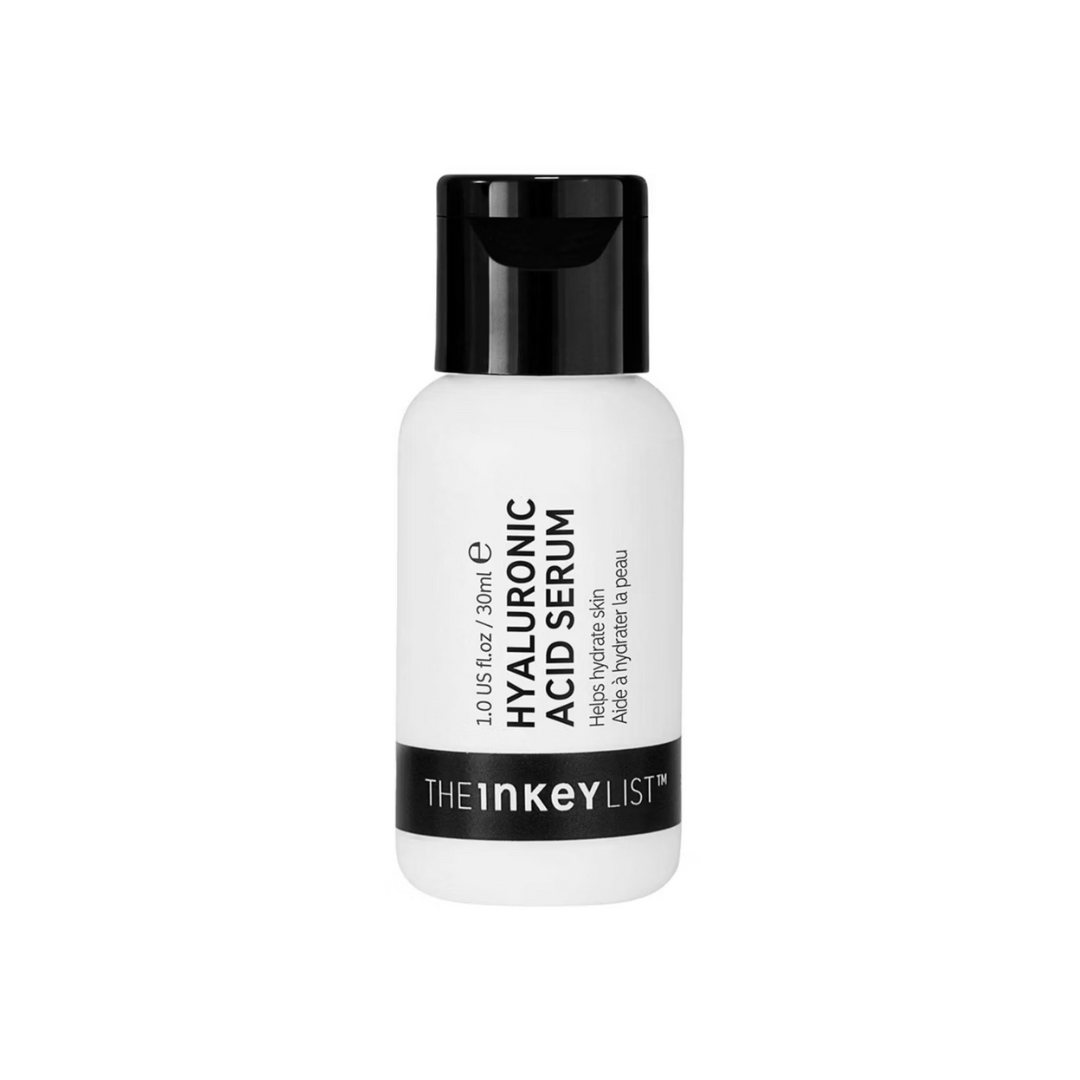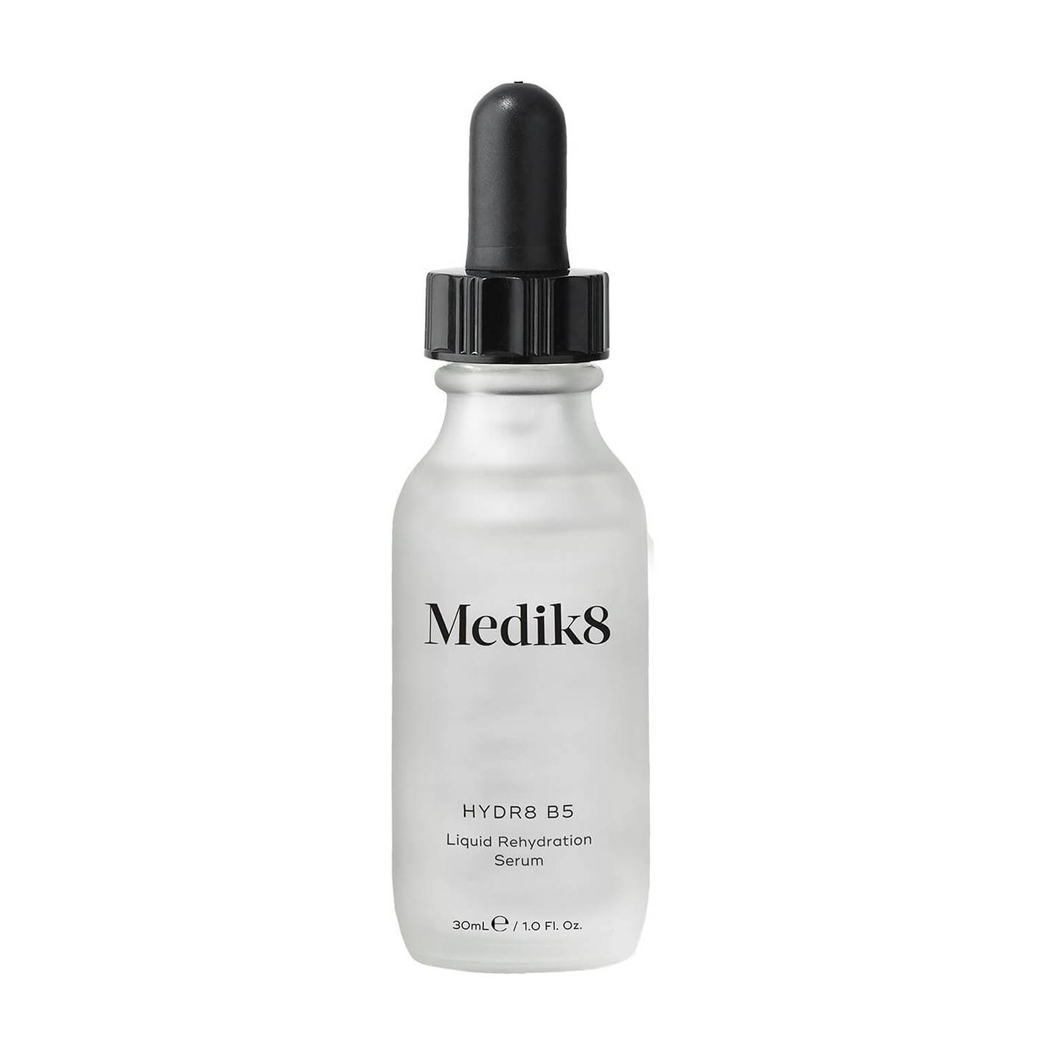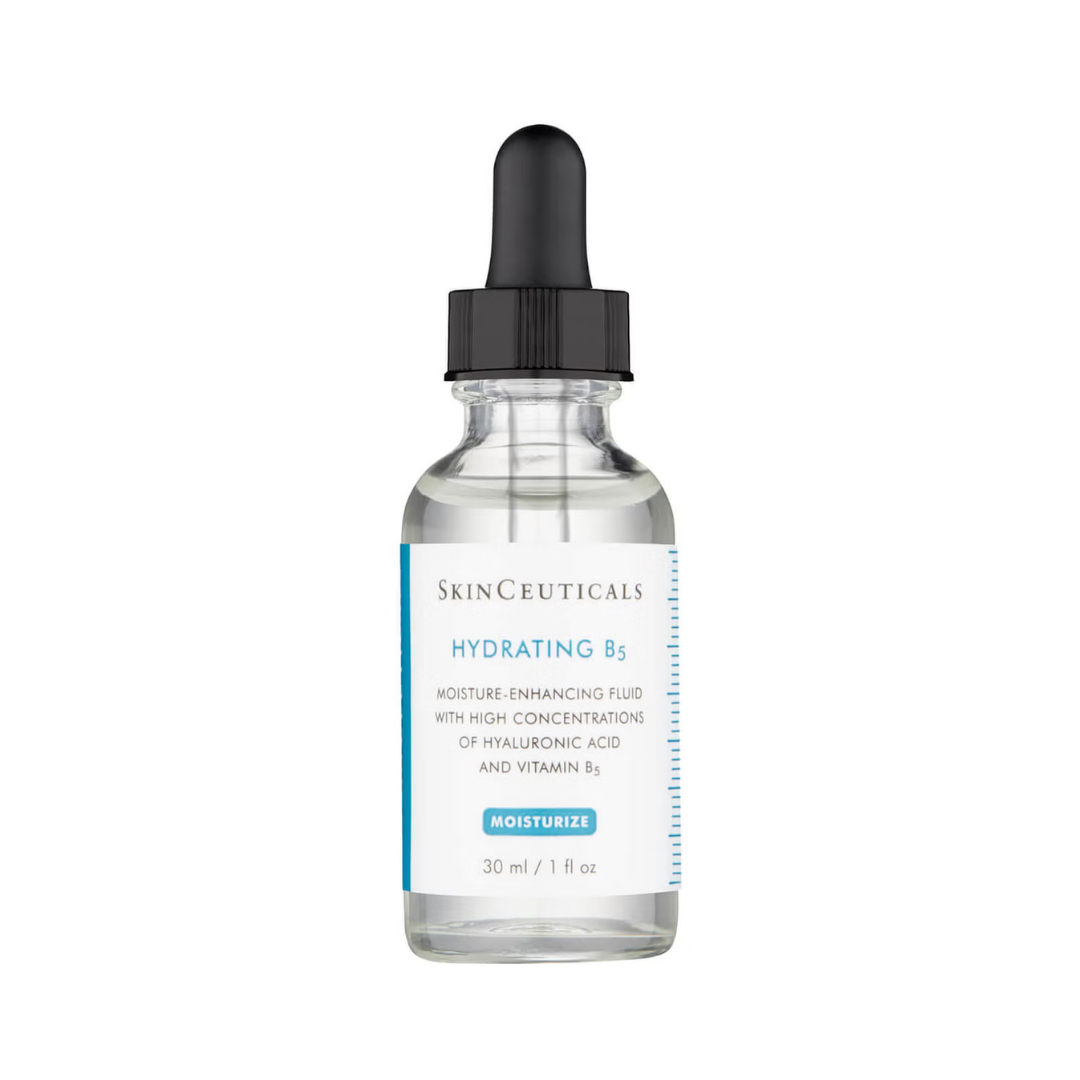Can hyaluronic acid cause breakouts? Three doctors explain the facts
Skin experts advise on whether or not this popular skincare ingredient can cause breakouts


Hyaluronic acid has a solid reputation for its hydrating abilities and for plumping and boosting glow in the skin. However, we’re guessing you’re here because you’re wondering: can hyaluronic acid cause breakouts?
If you have blemish-prone skin, it’s understandable that you’d want to know if this ingredient is likely to induce breakouts before using one of the best hyaluronic acid serums. Alternatively, you may have experienced breakouts since you started using the ingredient for the first time, or perhaps using a new product that contains HA, and as a result want to know why that might be.
Whichever camp you fall into, this guide contains insights from two doctors and skin experts to help you understand the facts on hyaluronic acid and breakouts. Here’s what you need to know about the relationship between HA and blemishes.
What is hyaluronic acid?
Firstly, a little background about this ingredient. Hyaluronic acid is a hydrating substance that’s actually present in our skin naturally, so using it in your skincare routine helps to support its reserves. As a humectant, it attracts moisture – one of its most famous skills is its ability to hold 1,000 times its weight in water – and, when applied topically, draws it towards our skin.
It's used in everything from cleansers to face masks, but perhaps the most popular way of including it in your skincare routine is in serum form (aside from skincare products, it's also used in injectable treatments like hyaluronic acid fillers and Profhilo.) You can read more about what hyaluronic acid does for skin in our dedicated guide.
Can hyaluronic acid cause breakouts?
In short, this ingredient should not cause your skin to break out. “It would be unusual for hyaluronic acid as an ingredient to cause breakouts,” Dr. Justine Kluk, consultant dermatologist and founder of the Clear Skin Programme, confirms. It’s also worth noting that hyaluronic acid is non-comedogenic, meaning it does not clog pores.
So why am I breaking out with hyaluronic acid?
If you are experiencing spots after using a product containing hyaluronic acid, the most likely explanation is that something else is behind them. “Hyaluronic acid can be found in serums, moisturisers and sunscreens, so although HA may be called out on the label, the product is likely to contain a number of other ingredients that could potentially trigger acne,” says Dr. Kluk. Consultant dermatologist Dr. Shaaira Nasir agrees: "It may be a different type of reaction like an allergy to the ingredients in the skincare product, or breaking out due to other ingredients."
Sign up for the woman&home newsletter
Sign up to our free daily email for the latest royal and entertainment news, interesting opinion, expert advice on styling and beauty trends, and no-nonsense guides to the health and wellness questions you want answered.
Advanced cosmetic doctor Dr. Ifeoma Ejikeme, founder and medical director of the Adonia Medical Clinic, adds that breaking out after using HA "could be due to several factors, including the formulation of the product, individual skin sensitivities, or underlying skin conditions. If breakouts persist or worsen, discontinue use."
Dr. Kluk also stresses the importance of keeping things simple with blemish-prone skin. "It’s also worth remembering that if you are using multiple different products in your skincare routine and you’re breaking out, isolating an individual product or ingredient as the culprit is a total guessing game," she says. "It’s one of the key reasons that keeping things simple and sticking to the 'necessaries' works best if you’re trying to overcome acne."

RRP: £7.99
Known for its straightforward formulations, The INKEY List's lightweight hyaluronic acid serum is super affordable way to add this ingredient to your skincare routine.
So, if you’re concerned about the risk of breakouts when using a product containing hyaluronic acid, it’s really down to a few different factors. Check which other skincare ingredients are in the formula of a potential new product to assess how likely it is to irritate your skin or clog pores and induce breakouts. It’s also a good idea to do a patch test before adding any new product – not just a hyaluronic acid buy – to your skincare routine.
This way you can look for any adverse reactions before you apply it to your entire face. But as an isolated ingredient, hyaluronic acid is unlikely to directly cause breakouts.
Lucy is a UK-based beauty journalist who has written for titles including Marie Claire, Glamour and OK!, as well as contributing to woman&home. Her work covers everything from expert skin and haircare advice to beauty trends and reviews of the latest products. During her career she regularly speaks to the industry's leading hairdressers, dermatologists and make-up artists, has covered backstage at London Fashion Week and interviewed many a celeb about their beauty routine.
-
 Kate Moss's best looks, from 90s slip dresses to leopard print staples
Kate Moss's best looks, from 90s slip dresses to leopard print staplesEffortless and stylish, our favourite supermodel has an iconic style that can easily be recreated
By Kathryn Lewsey
-
 Helen Skelton's layered look is giving me plenty of country chic style inspiration this Earth Day
Helen Skelton's layered look is giving me plenty of country chic style inspiration this Earth DayShe paired a mocha-coloured jumper with a blue shirt and a pair of wellies by Kate Middleton's favourite brand
By Caroline Parr

